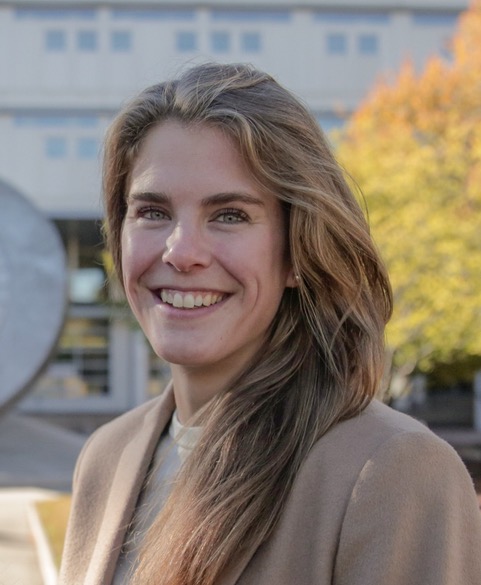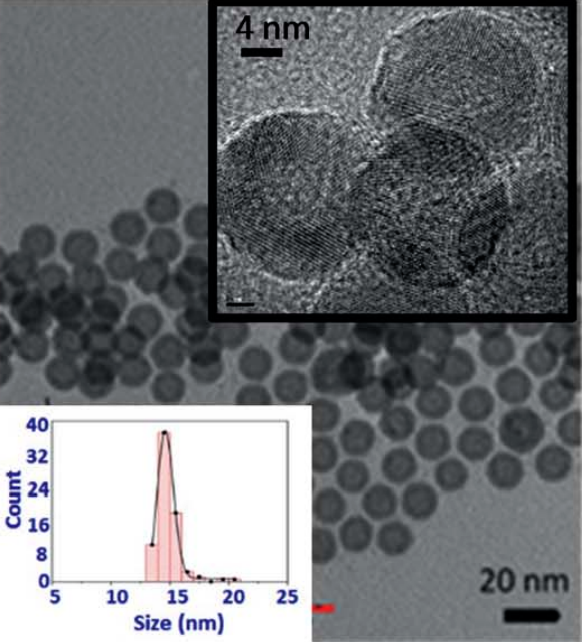IEEE-Madison Upcomoing Meeting Reminder

Optimizing power system operations
Methods to manage the impact of renewable energy on electric grids
IEEE-Madison IAS/PES Chapter
Date: Monday, September 9th
2540 UW Engineering Hall
Event Info
Tuning magnetic anisotropy in nanostructures for biomedical applications
IEEE-Madison Joint Section/ EMB18 Chapter
Date: Friday, October 25th
UW Engineering Hall
Event Info
September IAS/PES Meeting
"Optimizing power system operations – Methods to manage the impact of renewable energy on electric grids"

- Monday, September 9th, 5:30 PM to 7:00 PM
- Dr. Line A. Roald, UW-Madison ECE Department
- Location:
Engineering Hall, Room 2540 (NOTE: Change)
1415 Johnson Street, Madison WI 53706
- Please Register at the IEEE-Madison event page.
Talk: How can transmission system operators ensure secure and reliable operation of the electric grid when renewable energy generation is uncertain? How can rooftop solar PV be a resource rather than a problem when managing voltage unbalance in distribution grids? To answer these and other questions related to renewable energy integration, new tools for power systems operations are required. This presentation will discuss our research aimed at developing such new tools. In particular, we will discuss how data-driven, optimization-based methods can help manage renewable energy variability and harness the flexibility available in the grid.
Bio: Line A. Roald is an Assistant Professor and Grainger Institute for Engineering Fellow in the Department of Electrical and Computer Engineering at the University of Wisconsin – Madison. Prior to joining UW Madison, she obtained her PhD at ETH Zurich in Switzerland and worked as a post-doctoral fellow at Los Alamos National Laboratory in New Mexico. Her research interests include optimization, probabilistic methods and data analytics for electric power systems.
October Joint Section/EMB18 Meeting
"Tuning magnetic anisotropy in nanostructures for biomedical applications"

- Friday, October 25th, Noon (TBD)
- Dr. Hari Srikanth. Dept. of Physics, University of South Florida
- Location:
Engineering Hall
1415 Johnson Street, Madison WI 53706
Room TBD
- Please Register at the IEEE-Madison event page.
Talk: Magnetic nanoparticles have been building blocks in applications ranging from high density recording to spintronics and nanomedicine. Magnetic anisotropies in nanoparticles arising from surfaces, shapes and interfaces in hybrid structures are important in determining the functional response in various applications. In this talk I will first introduce the basic aspects of anisotropy, how to tune it in nanostructures and ways to measure it. I will discuss resonant RF transverse susceptibility, that we have used extensively, as a powerful method to probe the effective anisotropy in magnetic materials. Tuning anisotropy has a direct impact on the performance of functional magnetic nanoparticles in biomedical applications such as contrast enhancement in MRI and magnetic hyperthermia cancer therapy. There is a need to improve the specific absorption rate (SAR) or heating efficiency of nanoparticles for hyperthermia and I will focus on the role of tuning surface and interfacial anisotropy with a goal to enhance SAR. Strategies going beyond simple spherical structures such as exchange coupled core-shell nanoparticles, nanowire, nanotube geometries can be exploited to increase saturation magnetization, effective anisotropy and heating efficiency in magnetic hyperthermia. This lecture will combine insights into fundamental physics of magnetic nanostructures along with recent research advances in their application in nanomedicine.
Bio: Hari Srikanth is a Professor of Physics at the University of South Florida in Tampa, FL. He received his Ph.D. in experimental condensed matter physics from the Indian Institute of Science. After postdoctoral research for several years, Hari joined USF in 2000 and established the Functional Materials Laboratory. His research spans a wide range of topics including magnetization dynamics in nanostructures, applications of magnetic nanoparticles in nanomedicine and RF devices, magnetic refrigerant materials, spin calorics, microwave materials and complex oxides with competing magnetic phases. He has over 250 publications and has given over 200 invited talks around the world. Hari has developed a short tutorial on nanomagnetism, enjoys delivering pedagogical lectures for a broad audience and especially interacting with students and early career researchers. Hari is a Fellow of the American Physical Society, with the citation mentioning his contributions in the field of nanomagnetism, and a Senior Member of IEEE. He is currently an Associate Editor for Journal of Applied Physics. Hari has been closely involved with the MMM and INTERMAG conferences for more than 15 years serving as Publication Editor, Publication Chair and on program committees. He is also a 2019 Fulbright awardee. Hari has been a short term visiting professor in Slovak Academy of Sciences (Kosice), Basque Center for Materials (Bilbao), Indian Institute of Technology (Bombay), Indian Institute of Science (Bangalore), Federal University of Rio de Janeiro (Brazil) and Immanuel Kant Baltic Federal University (Kaliningrad)

